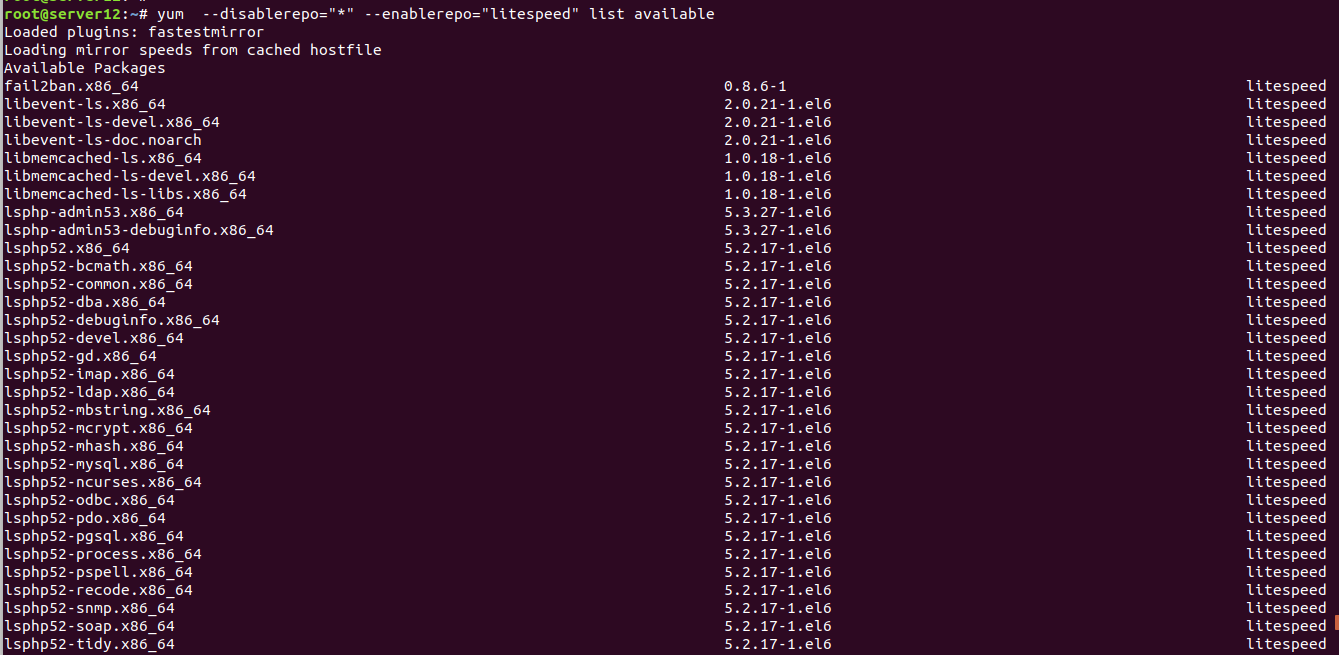bind is a DNS server. To install bind on CentOS 7, run
yum install bind bind-utils -y
Enable bind to start on boot
systemctl enable named
Start bind
systemctl start named
You can see status with
systemctl status named
Setup firewall
You need to allow DNS ports UDP/TCP 53 in firewall. On CentOS 7, you can run
firewall-cmd --zone=public --permanent --add-service=dns
firewall-cmd --reload
Configure bind
By default bind only listens to local IP, to make it accessable from outside, you need to edit named.conf
vi /etc/named.conf
Find
listen-on port 53 { 127.0.0.1; };
listen-on-v6 port 53 { ::1; };
Comment out those two lines by adding # at start of the lines.
#listen-on port 53 { 127.0.0.1; };
#listen-on-v6 port 53 { ::1; };
We need our DNS server access query from anyone on internet. For this, find
allow-query { localhost; };
Replace with
allow-query { any; };
Since we only want our DNS server resolve domains hosted on our server, disable recursion.
Find
recursion yes;
Replace with
recursion no;
Now restart bind with
systemctl restart bind
Adding Domain to bind
To server a domain, you need to add the domain to bind. For this edit file
vi /etc/named.conf
at end of the file, add
zone "DOMAIN.EXTN" IN {
type master;
file "/var/named/DOMAIN.EXTN.zone";
allow-update { none; };
};
Now create zone file
vi /var/named/DOMAIN.EXTN.zone
Add following
$TTL 86400
@ IN SOA DOMAIN.EXT. admin.DOMAIN.EXT. (
100 ; serial
1H ; refresh
1M ; retry
1W ; expiry
1D ) ; minimum
@ IN NS ns1.DOMAIN.EXT.
@ IN A YOUR_IP_ADDR_HERE
ns1 IN A YOUR_IP_ADDR_HERE
@ IN MX 10 mail.DOMAIN.EXT.
mail IN A YOUR_IP_ADDR_HERE
www IN A YOUR_IP_ADDR_HERE
Restart bind
vi /var/named/DOMAIN.EXTN.zone
You can verify domain is resolving with command
nslookup DOMAIN.EXT SERVER_IP_HERE
See bind


